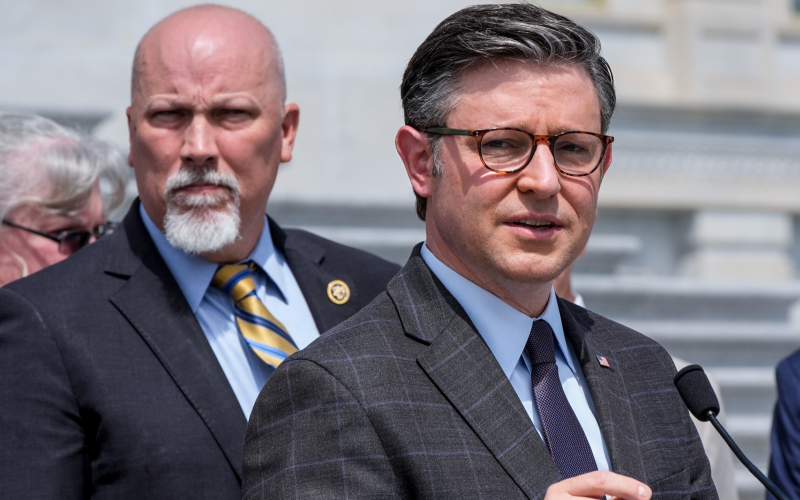Previously reported on AFN, the Wall Street Journal recently published a scathing editorial entitled, "Democrats Find an Ally in Josh Hawley." It criticized Hawley for an op-ed he wrote in the New York Times opposing Republicans who want to slash Medicaid, which happens to be a Trump administration priority.
Gary Bauer is Chairman of the Campaign for Working Families. He says there is one issue in which Democrats still command majority support.
 "They have convinced millions of Americans, including a lot of people that voted for Donald Trump, that the Democrat Party is more committed to providing health care for the American people than the Republican Party. The Democrats run a multi-million-dollar ad campaign saying that we're in bed with the insurance companies and taking away benefits like Medicare, Medicaid, and Social Security. And it's worked over and over and over again."
"They have convinced millions of Americans, including a lot of people that voted for Donald Trump, that the Democrat Party is more committed to providing health care for the American people than the Republican Party. The Democrats run a multi-million-dollar ad campaign saying that we're in bed with the insurance companies and taking away benefits like Medicare, Medicaid, and Social Security. And it's worked over and over and over again."
Hawley’s opposition comes in lieu of a GOP bill that is intended to slash the medical federal-state program. According to Hawley’s stance, this will affect the working poor; however, the bill is only intended to remove illegal aliens, ineligible recipients, and able-bodied adults who are not working. Millions are reported to be taken off Medicaid if the bill is signed, but it will not affect the poor and disabled, otherwise known as those who really need it.

About 21% of Missourians are reported to be on Medicaid, and Bauer thinks Senator Hawley is concerned about political push back.
"States like Missouri have a lot of working-class people that need help with their medical bills. And I think that's the reason that Hawley is taking a position that I don't really like, but I understand it. So, we're just going to have to see how it plays out. But this shows how difficult it is to get any cutbacks in these programs, particularly when they have anything to do with health."
While the Democrats and Hawley are persistent on this issue, potential voters are not swayed by their propaganda. A survey of those who were made aware of potential coverage loss in areas of Medicaid reform and those who were not made aware saw hardly statistically significant changes between the groups, with the majority leaning in favor of the reforms. When faced with the thought of one million people being removed from Medicaid being non-working able-bodied adults, illegal aliens, and ineligible individuals, 75% of the voters supported the reforms, and 69% of the voters still supported it with 10 million people or more being removed.







